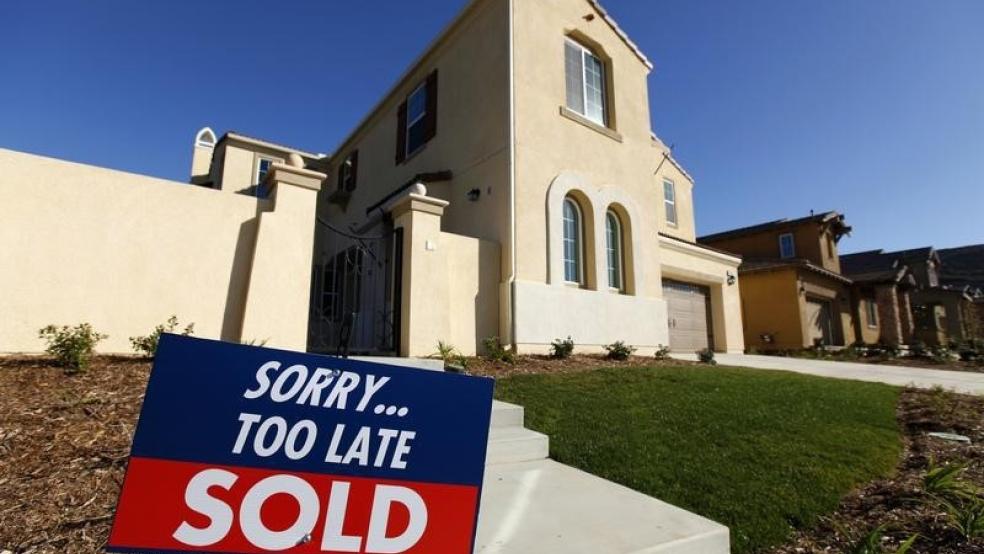WASHINGTON (Reuters) - U.S. homeownership slipped to a 25-year low in the first quarter, but sustained strong gains in the pace at which Americans are setting up homes supported the view that the housing sector will boost economic growth this year.
The seasonally adjusted home ownership rate dipped to 63.8 percent, the lowest since the fourth quarter of 1989, the Commerce Department said on Tuesday. The rate, which peaked at 69.4 percent in 2004, was 64.0 percent in the fourth quarter.Household formation, however, increased by 1.5 million in the first quarter from the same period in 2014. It was up 1.7 million in the fourth quarter."This is a signal of something very positive that should flow through the economy. We should see better numbers in terms of home sales, housing starts and spending around housing than we are now," said Steve Blitz, chief economist at ITG Investment Research in New York.After a lackluster performance in the past year, housing is expected take the baton from weak business investment - especially energy-related capital expenditure - and together with consumer spending drive the economy in 2015. With many Americans still showing an aversion to homeownership, the gains in household formation largely are being driven by renters. That should provide a boost to home building, especially in the multi-family segment of the market.A strengthening labor market is encouraging young adults to move out of their parents' homes, as well as from accommodation shared with friends and relatives."A long overdue upturn in household formation, as more young adults leave the parental home, could provide a significant boost to home building over the coming years," said Ed Stansfield, chief property economist at Capital Economics in London.While the residential rental vacancy rate rose one-tenth of a percentage point to 7.1 percent in the first quarter, it remained near 20-year lows. That could put some upward pressure on inflation later this year, economists said.Homeownership dipped in three of the four regions in the first quarter, falling almost across all age groups. Some economists, however, believe the homeownership rate will probably start stabilizing in the coming quarters, citing moves by the government to ease credit conditions for first-time home buyers as well as the firming labor market."With credit conditions now loosening and employment set to continue growing strongly, we suspect this long downward trend may not last for much longer," Stansfield said. (Reporting by Lucia Mutikani; Editing by Paul Simao)U.S. homeownership dips, but household formation rises

© Mike Blake / Reuters



